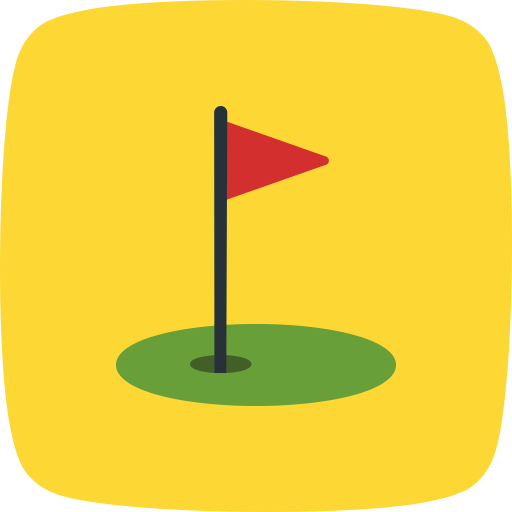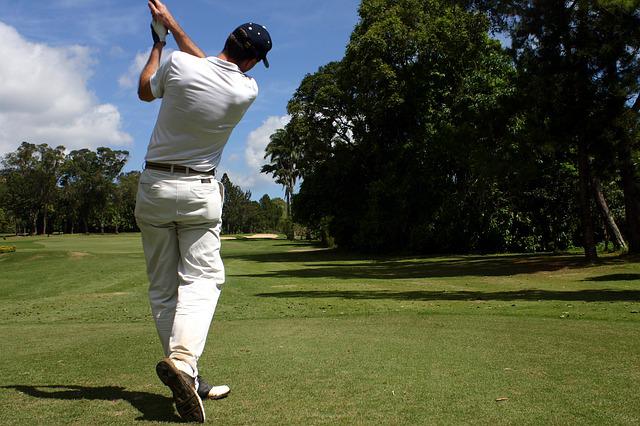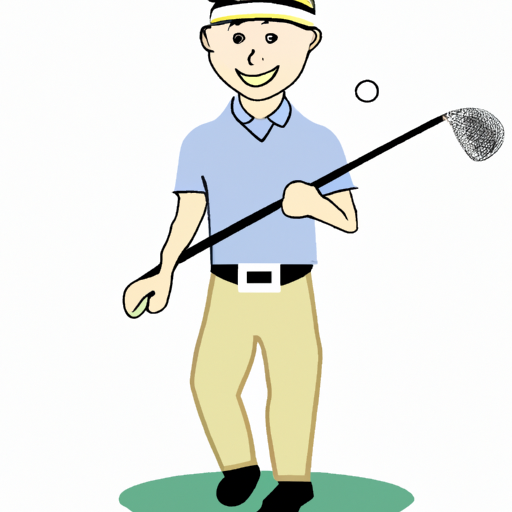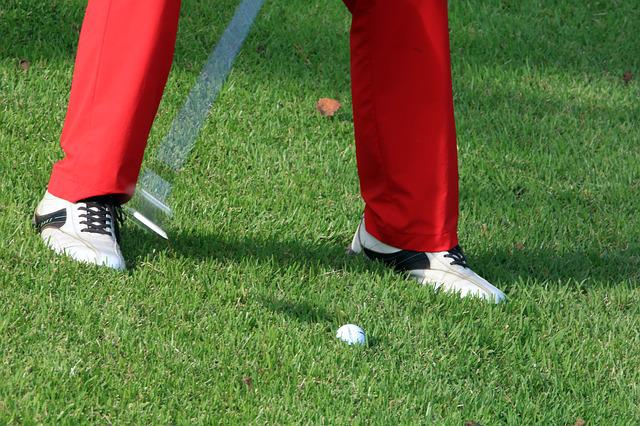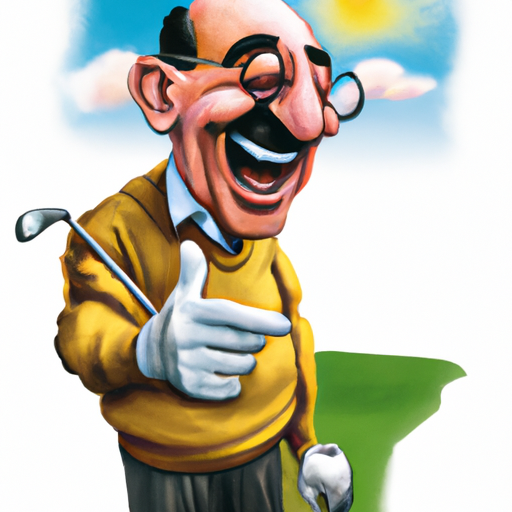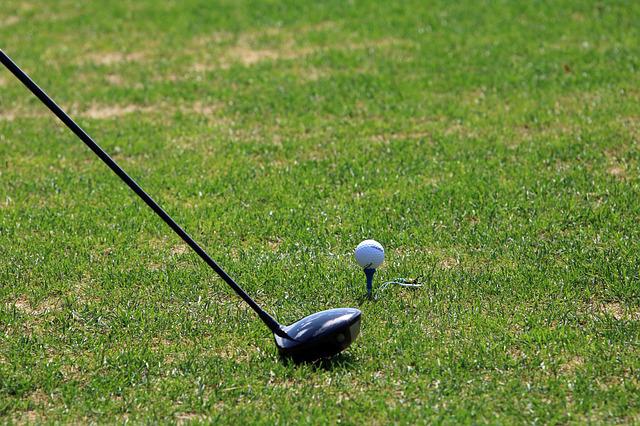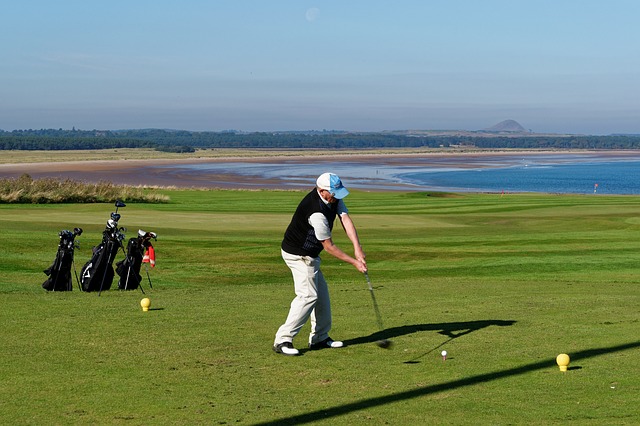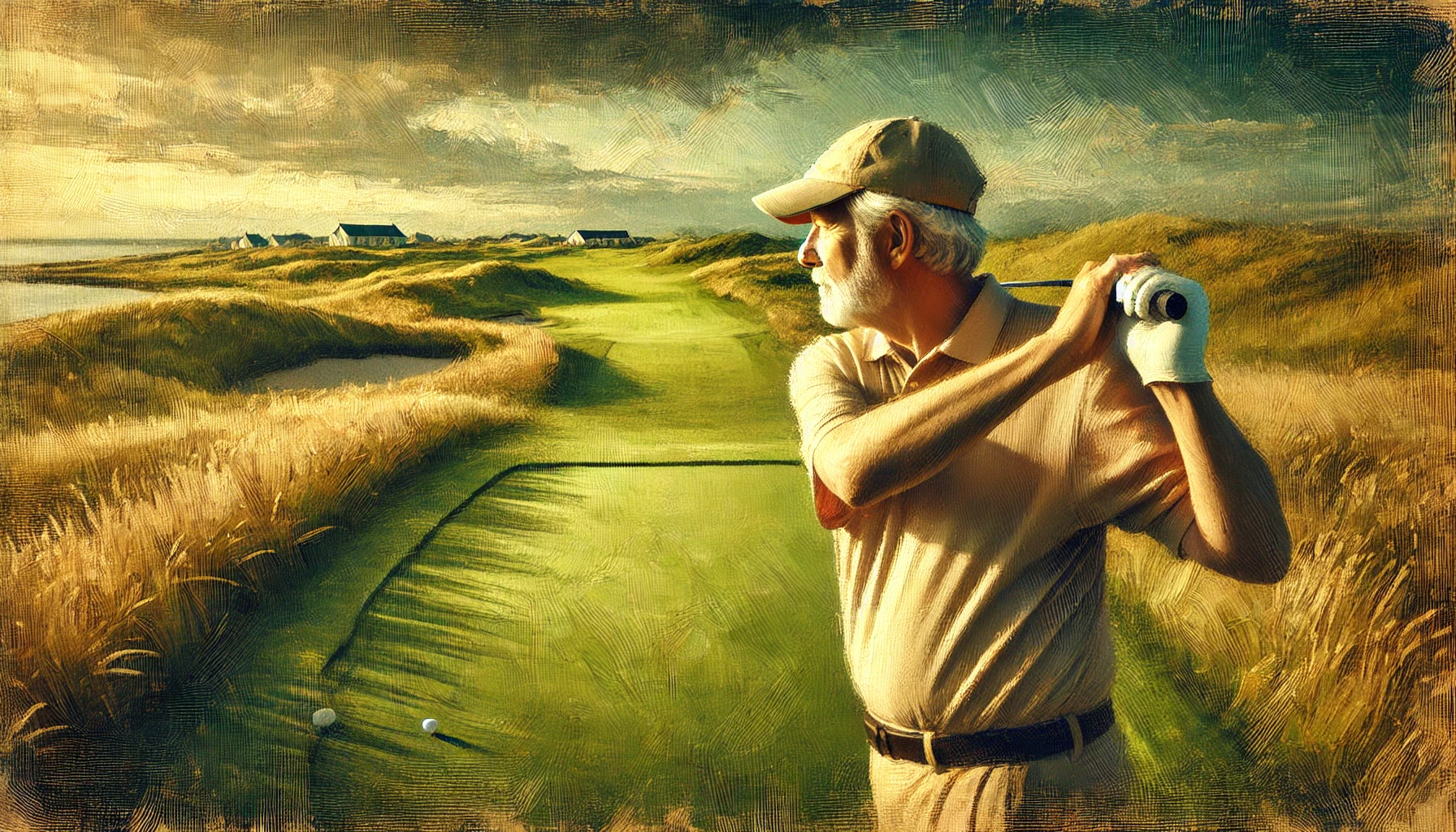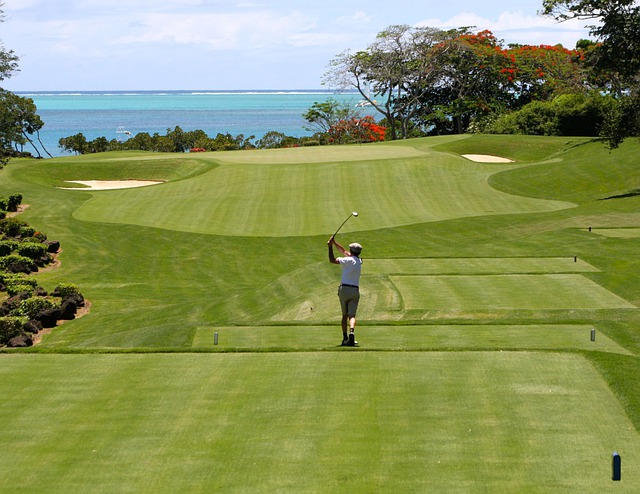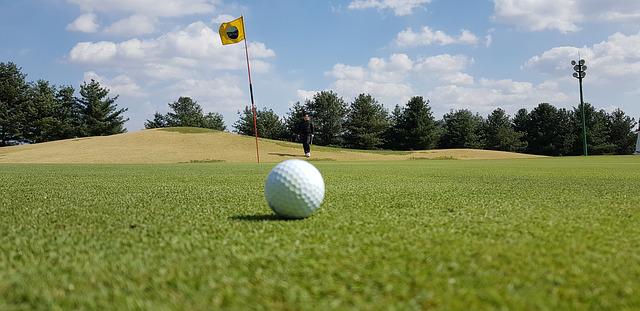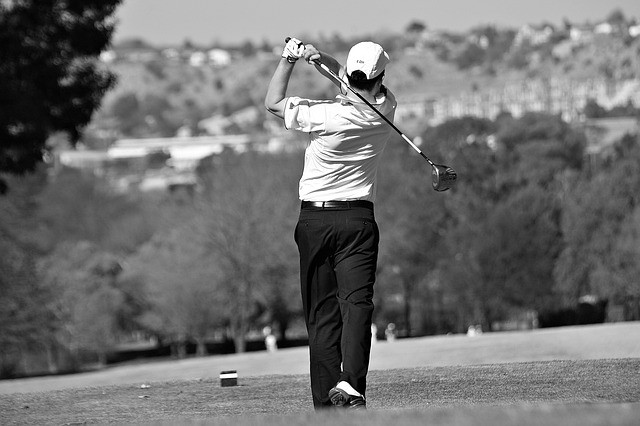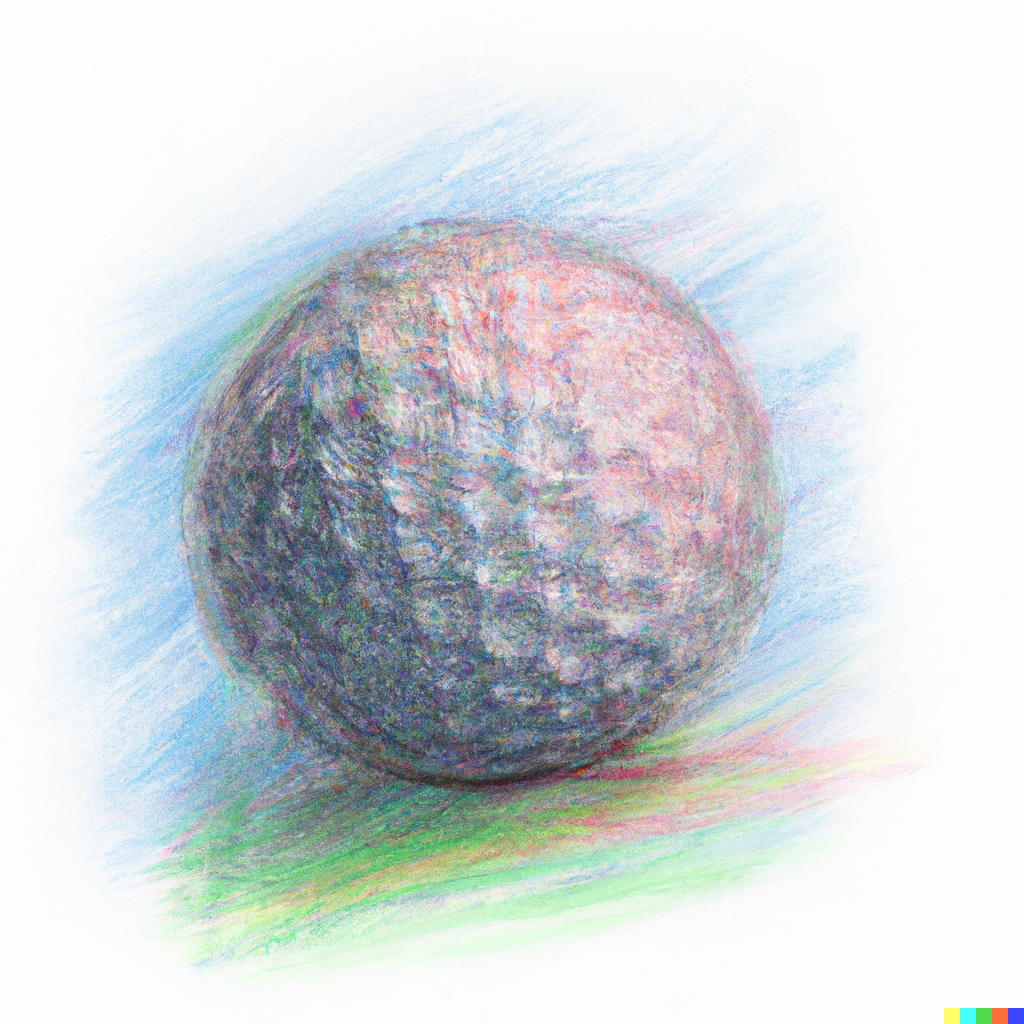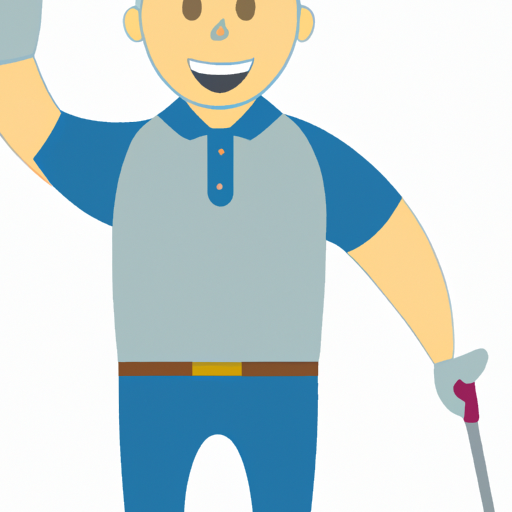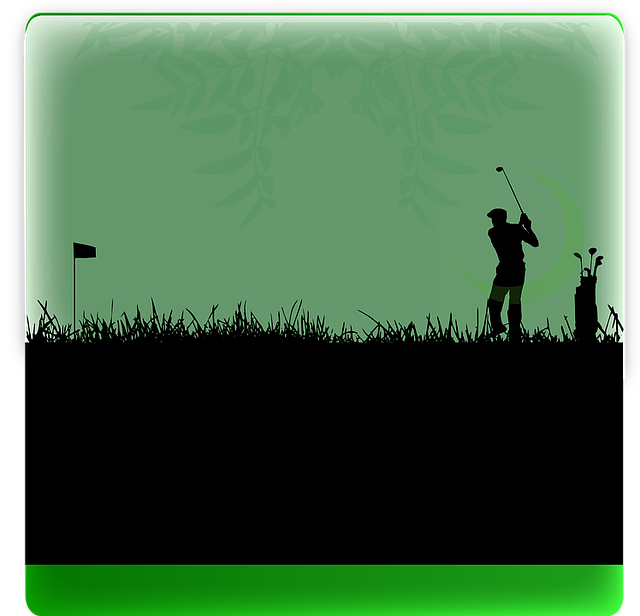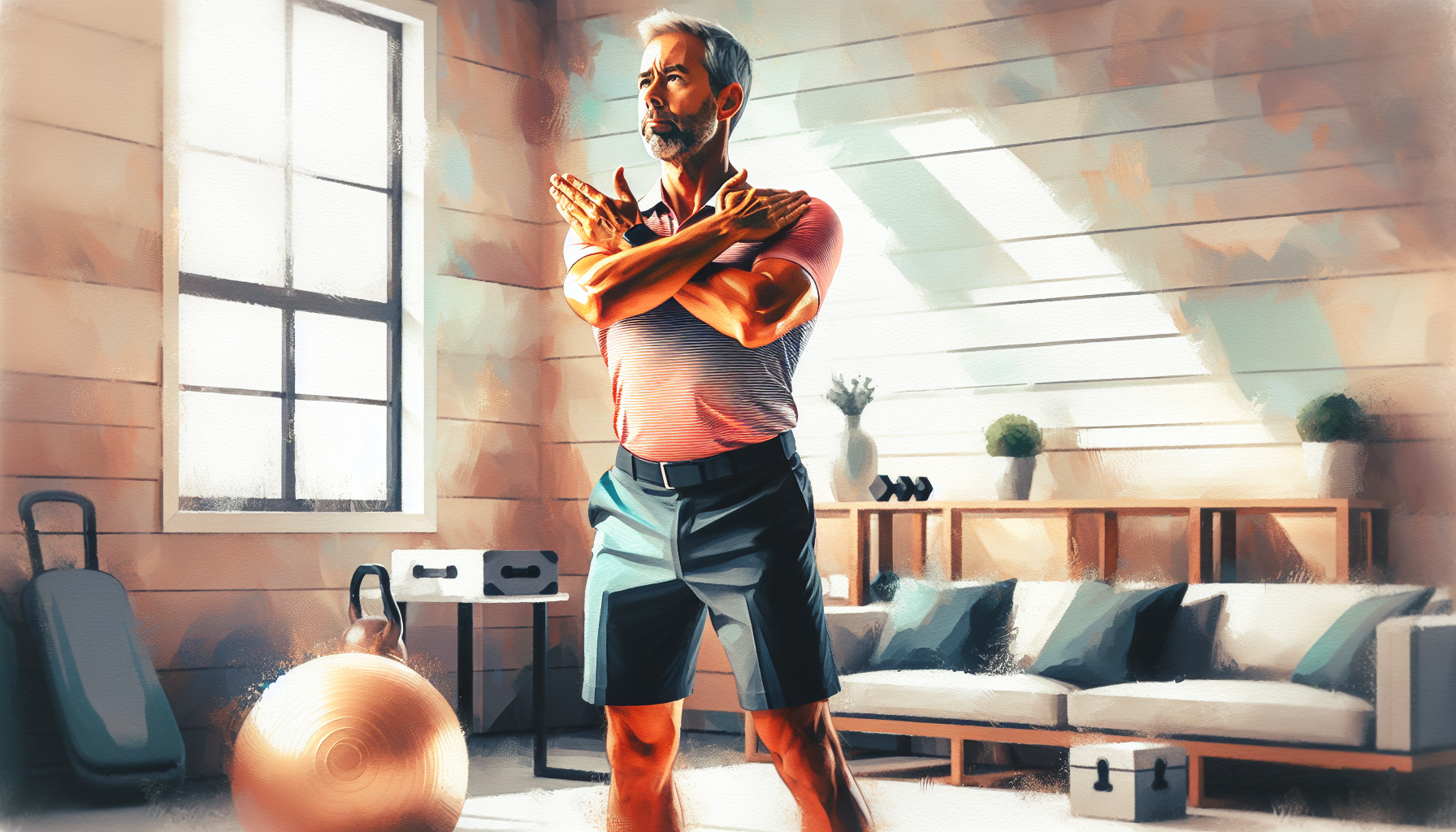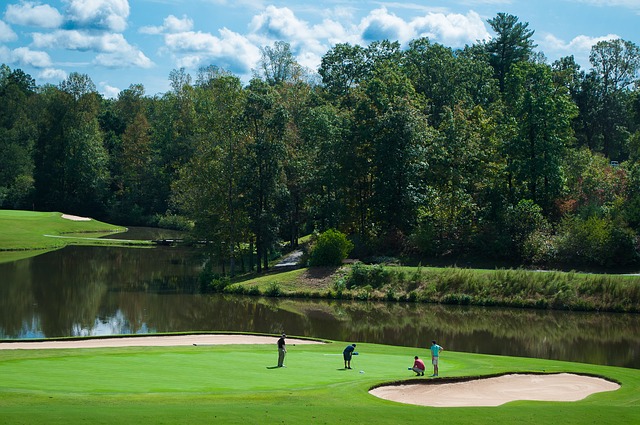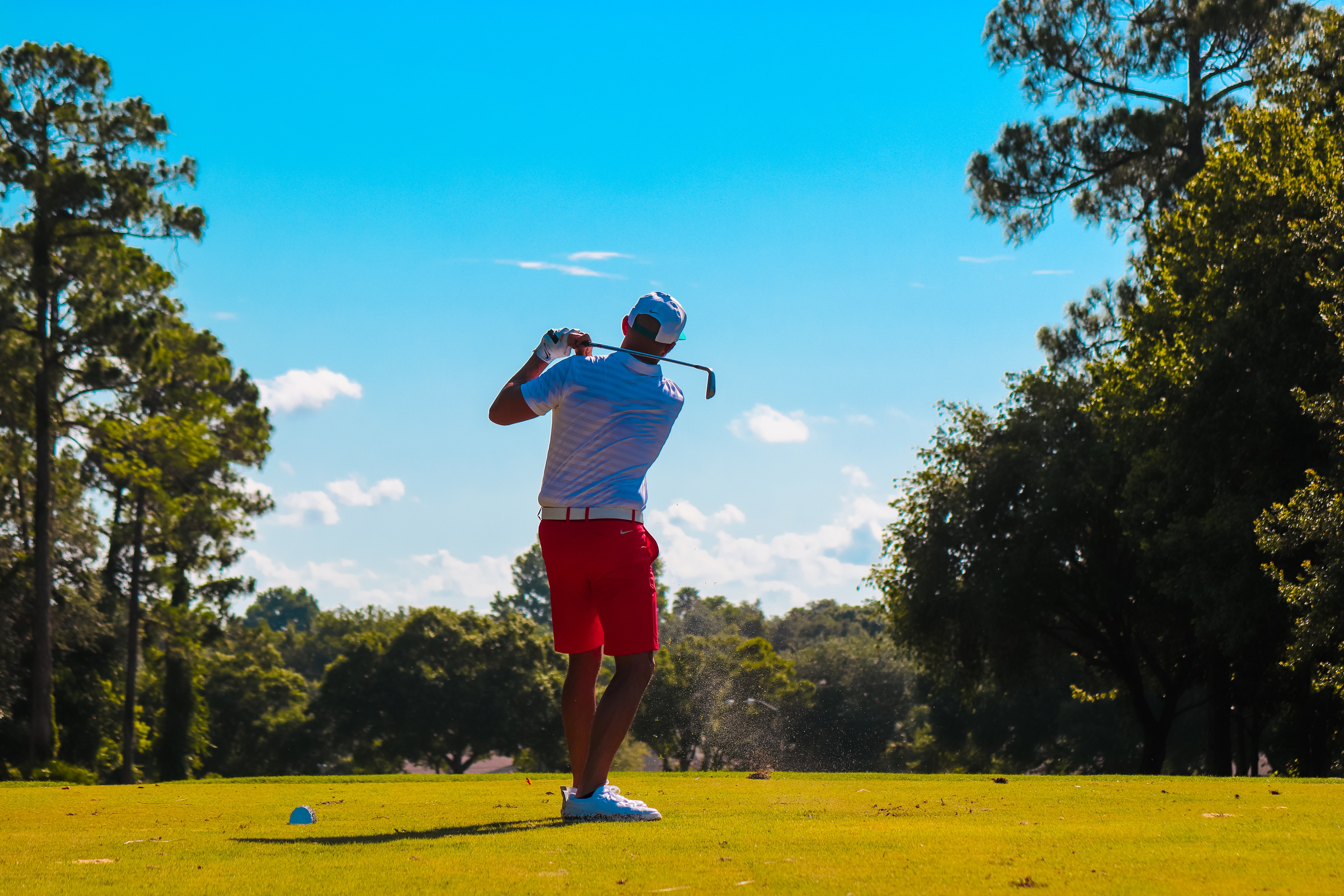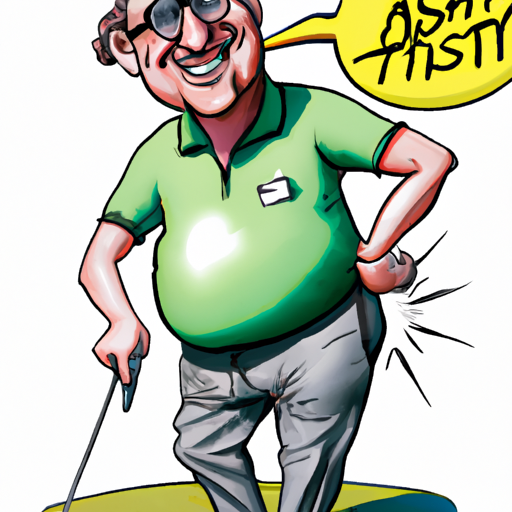- Home
- Senior Golf
- Worst Golf Balls for Seniors
The Truth About the Worst Golf Balls for Seniors: An Insider's Perspective
Are you a senior golfer looking to improve your game? The golf ball you choose can have a significant impact on your performance. While there are many excellent options tailored to senior players, some balls might not be the best fit for your needs. In this article, we delve into the worst golf balls for seniors, ensuring you make informed decisions on the course. Plus, don't miss our key takeaways and the FAQ section at the end for quick insights!
Golf, a game of precision, patience, and passion, has always been close to my heart. But as we age, the tools of the trade, especially golf balls, can make a significant difference in our performance.
Have you ever wondered why some golf balls just don't seem to work for seniors? It's not just about the swing or the clubs; it's also about the ball. The wrong ball can be the difference between a birdie and a bogey.
I've been on a journey, diving deep into the world of golf balls, and I've discovered some shocking truths. Some golf balls, touted as the best, can be the absolute worst for seniors. And today, I'm here to share that insider information with you.
So, are you ready to uncover the truth and elevate your golf game? Let's dive in!
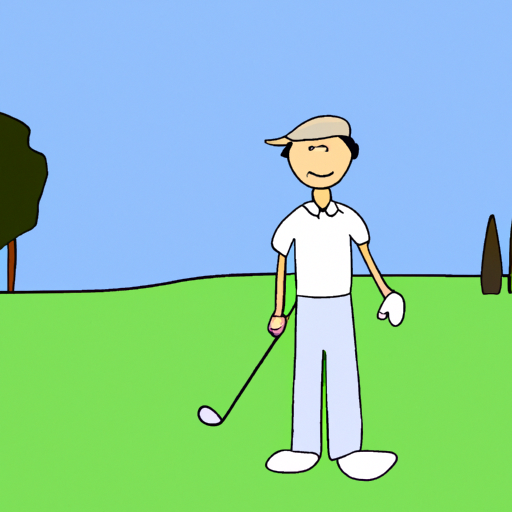 A senior golfer analyzing his choice of golf ball.
A senior golfer analyzing his choice of golf ball.Why Do Some Golf Balls Fail Seniors?
Golf has been a part of my life for as long as I can remember. But as the years went by, I noticed a shift. The balls that once soared effortlessly started to feel different. They didn't have the same zing, the same flight. It was as if they were working against me. I was frustrated, to say the least. Was it my swing? My clubs? No, it was the ball.
I remember one particular game where I was using a brand spanking new ball, touted as the best in the market. But every shot felt off. It was a nerve-shattering experience. I felt like I was being dragged kicking and screaming away from the game I loved.
But I didn't give up. I started researching, tapping into insider information, and testing various balls. And then I found it - the perfect ball for seniors. My game transformed almost overnight. The joy returned, and golf became the heavenly experience I remembered.
Now, life is different. Golf is once again my happy place, and I've made it my mission to help seniors find their perfect ball. So, why do some balls fail seniors? It's a combination of design, material, and marketing hype. But there's more. So read on.
What Factors Make a Golf Ball Unsuitable for Seniors?
Compression: High compression balls require a strong swing to achieve maximum distance. Many seniors, due to reduced swing speed, find these balls less effective.
Spin: Some balls offer excessive spin, which can result in a loss of control, especially in windy conditions.
Dimple Design: The dimple pattern affects the ball's aerodynamics. A pattern not optimized for slower swing speeds can hinder performance.
Price: High-end balls with advanced features might not always be the best choice for seniors. Sometimes, a mid-range ball can offer better performance at a fraction of the cost.
Branding: Just because a ball is endorsed by pro players doesn't mean it's suitable for seniors. It's essential to look beyond the brand and focus on performance.
Remember that time I told you about my disastrous game? It was one of these factors that threw me off. I was using a high compression ball, thinking it would give me an edge. Instead, it was a blunder. But I learned from it, and now I'm here to share that valuable insight with you. After all, you deserve the best, right?
Are Expensive Golf Balls Always the Best Choice for Seniors?
Cost and branding can be deceiving. Just because a golf ball is expensive doesn't mean it's the best choice for seniors. I've been down that road, lured by the promise of a game-changing experience, only to be left disappointed.
In my journey, I've discovered some hidden gems - golf balls that are not only affordable but also wickedly effective for seniors. It's all about understanding your needs, your swing speed, and what you want from a ball.
So, before you splurge on that top-of-the-line golf ball, take a moment to assess if it's genuinely the right fit for you. Sometimes, the best things come in unexpected packages. And in the world of golf, that unexpected package might just be a lesser-known, reasonably priced golf ball that fits your game perfectly.
Isn't that exciting?
How Can Seniors Identify the Right Golf Ball for Their Game?
Choosing the right golf ball is a combination of science and personal preference. Here's a simple guide to help you make an informed decision:
1. Understand Your Swing Speed: This is crucial. If you have a slower swing speed, go for a low compression ball.
2. Determine the Desired Spin: If you're looking for more control around the greens, opt for a ball with higher spin. If distance is your primary concern, a low spin ball might be better.
3. Read Reviews: Tap into the experiences of fellow golfers. Reviews can provide valuable insights and help you avoid potential pitfalls.
4. Test Different Balls: Every golfer is unique. What works for one might not work for another. So, buy a few different balls and test them out on the course.
5. Consult with a Pro: If you're still unsure, consult with a golf pro or expert at your local golf store. They can provide recommendations based on your specific needs.
Remember, the right ball can transform your game. It's worth the effort to find that perfect match. And once you do, the golf course will once again become your playground. Ready to discover your perfect golf ball?
Why Do Seniors Need Specific Golf Balls?
Golf, for many, is more than just a sport; it's a passion, a way of life. But as we age, our bodies change, and so does our game. Our swing speed might decrease, our precision might waver, and our strength might not be what it once was. This is where the right golf ball comes into play.
I remember a time when I'd use any ball I found, thinking they were all the same. But as I matured, both in age and in my golfing journey, I realized the importance of using the right equipment. A ball designed for a professional with a swing speed of 120 mph won't do justice to a senior golfer whose swing speed might be around 80 mph.
The right ball can compensate for decreased swing speed, provide better control, and even reduce the strain on our bodies. It's not just about playing; it's about playing right. And for seniors, the right golf ball is a game-changer. So, are you ready to find the perfect ball for your game?
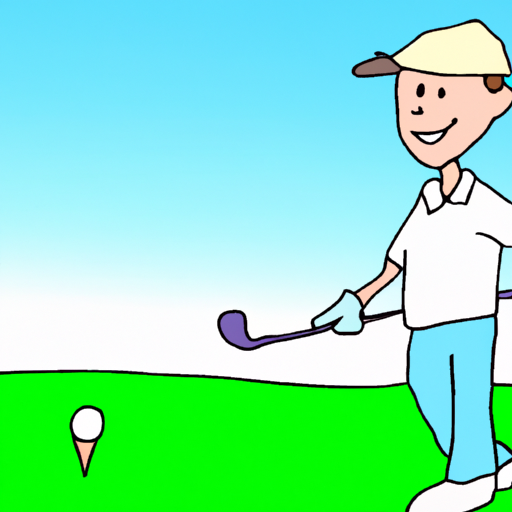 Making an informed choice can elevate your golf game.
Making an informed choice can elevate your golf game.Common Mistakes Seniors Make When Choosing Golf Balls
Choosing a golf ball might seem straightforward, but there are pitfalls, especially for senior golfers. Here are some common mistakes I've seen (and made) over the years:
Being Brand Loyal: Just because a brand worked in your youth doesn't mean it's the best choice now. As our game changes, so should our equipment.
Ignoring Compression: As mentioned, compression is crucial. A ball too hard or too soft for your swing speed can drastically affect performance.
Overlooking the Feel: Golf is as much about feel as it is about technique. If a ball doesn't feel right, it probably isn't.
Not Testing Enough: It's easy to read a review and make a choice. But every golfer is unique. Testing different balls can help you find the perfect fit.
Falling for Marketing Gimmicks: New technologies and designs are always emerging, but not all of them benefit senior golfers. It's essential to look beyond the marketing and focus on what truly matters.
I've been down the wrong track before, choosing balls that were more hype than performance. But through trial and error, and by avoiding these common mistakes, I've found balls that enhance my game, making every round of golf a joy. And you can too. After all, you deserve the best, don't you?
Golf is a journey, filled with highs and lows, birdies and bogeys. But with the right equipment, especially the right golf ball, that journey can be a lot more enjoyable. For senior golfers, the right ball can make all the difference, turning challenges into opportunities and mistakes into learning experiences. So, take the time, do the research, test different balls, and find the one that's perfect for you. Because in golf, as in life, it's the small things that make a big difference. And now, with all this insider information, you're ready to dominate the course, aren't you?
I hope this article provides valuable insights and helps enhance your golfing experience. If you have any questions or need further information, don't hesitate to reach out.
Happy golfing!
Key Takeaways
Understanding Your Needs: As a senior golfer, your needs differ from younger players. Recognize the changes in your game and adapt accordingly.
The Right Equipment Matters:
- Golf Balls: Compression, feel, and spin are crucial.
- Clubs: Ensure they match your current swing speed and style.
- Accessories: From gloves to shoes, comfort is key.
Avoid Common Mistakes:
- Brand loyalty can be limiting.
- Always test before settling on a ball.
- Look beyond marketing gimmicks.
Choosing the Right Golf Ball
Swing Speed
Compression
Recommended Ball Type
High (100+ mph)
High
Tour/Professional
Medium (85-100 mph)
Medium
Soft Feel/Distance
Low (<85 mph)
Low
Super Soft/Ultra Low Compression
I recall a time when I was stubborn about changing my golf ball. I had been loyal to a particular brand for years. One day, a fellow golfer, noticing my struggles, handed me a different ball, one designed for senior players. The difference was night and day. Not only did my shots improve, but the game became more enjoyable. It was a humbling reminder that sometimes, change is not only good but necessary.
Join the Golfeaser Community:
Your golf journey is unique, filled with stories, experiences, and lessons. And we want to hear them all. The Golfeaser community is more than just golfers; we're a family. A family that learns, grows, and celebrates together.
Share Your Stories: Every swing, every hole-in-one, every mishap on the green; share them with us. Your experiences can inspire and guide others.
Newsletter Sign-Up: Stay updated with the latest in golf, get exclusive tips, and be the first to know about upcoming events. Sign up for the Golfeaser newsletter here.
Live by the Golfeaser Manifesto: Golf is more than a game; it's a way of life. Embrace the challenges, celebrate the victories, and always strive to be better, both on and off the course.
So, are you ready to be a part of something bigger? To not just play golf, but to live it? Dive into the Golfeaser community, and let's make every swing count!
FAQ: Worst Golf Balls for Seniors
What kind of golf ball should a senior golfer avoid?
What kind of golf ball should a senior golfer avoid?
While there isn't a specific "worst" golf ball for seniors, it's essential to understand the needs of a senior golfer. Seniors should avoid golf balls that require a high swing speed to compress, as their swing speed might have decreased over the years. High-compression balls might not provide the desired distance for seniors and could lead to more hooks and slices.
What ball construction is not recommended for seniors?
What ball construction is not recommended for seniors?
A 1-piece golf ball, typically used at driving ranges, is not recommended for course play. 4-piece and 5-piece golf balls are designed for explosive distance and spin, but they require a higher swing speed to compress properly. Unless a senior golfer maintains a high swing speed, these balls might not be beneficial.
Should seniors use high-spin golf balls?
Should seniors use high-spin golf balls?
High-spin golf balls are generally not recommended for the average senior golfer, especially if they tend to hook or slice the ball. These balls can exaggerate mistakes. However, skilled senior golfers who can keep their shots straight might benefit from the control offered by high-spin balls.
What compression golf ball should seniors avoid?
What compression golf ball should seniors avoid?
Seniors should generally avoid high-compression golf balls. These balls require more force to compress, which might not be suitable for seniors with slower swing speeds. Using a high-compression ball with a slow swing speed can decrease distance and increase the likelihood of off-center shots.
What kind of golf ball should a senior golfer use?
What kind of golf ball should a senior golfer use?
Senior golfers should ideally use a 2 or 3-piece golf ball that is low-spinning and has low compression. This combination helps maximize distance, ensures straighter shots, and accommodates the likely reduced swing speed of senior players.
Should seniors use low or high spin golf balls?
Should seniors use low or high spin golf balls?
The choice between low or high spin depends on the individual's shot shape. However, many senior players benefit from low to mid-spinning golf balls, which can help reduce side spin and keep shots straighter.
What ball construction should seniors use?
What ball construction should seniors use?
Seniors are often recommended to use 2 or 3-piece golf balls. These balls provide a balance of distance and control, suitable for the typical swing speeds of senior players.
What compression golf ball should seniors use?
What compression golf ball should seniors use?
Low compression golf balls are generally recommended for senior golfers. These balls require less force to compress, making them suitable for players with slower swing speeds.
Are there specific brands that offer the best golf balls for seniors?
Are there specific brands that offer the best golf balls for seniors?
Brands like Callaway, Srixon, Taylormade, Titleist, and Wilson Staff offer golf balls designed with seniors in mind. Models like the Callaway Supersoft, Srixon Soft Feel, and Taylormade Project (S) are popular choices.
How does ball construction impact a senior golfer's game?
How does ball construction impact a senior golfer's game?
Ball construction can significantly impact distance, control, and spin. For seniors, 2 or 3-piece balls often provide the best balance, offering good distance while still maintaining control.
Is there a difference in golf balls for male and female senior golfers?
Is there a difference in golf balls for male and female senior golfers?
While there are golf balls marketed specifically for women, the choice should primarily be based on individual swing speed, skill level, and preferences rather than gender.
How often should senior golfers replace their golf balls?
How often should senior golfers replace their golf balls?
The frequency of replacing golf balls depends on their condition and performance. If a ball shows signs of wear, such as cuts or significant discoloration, or if it no longer performs as desired, it's time for a replacement.
